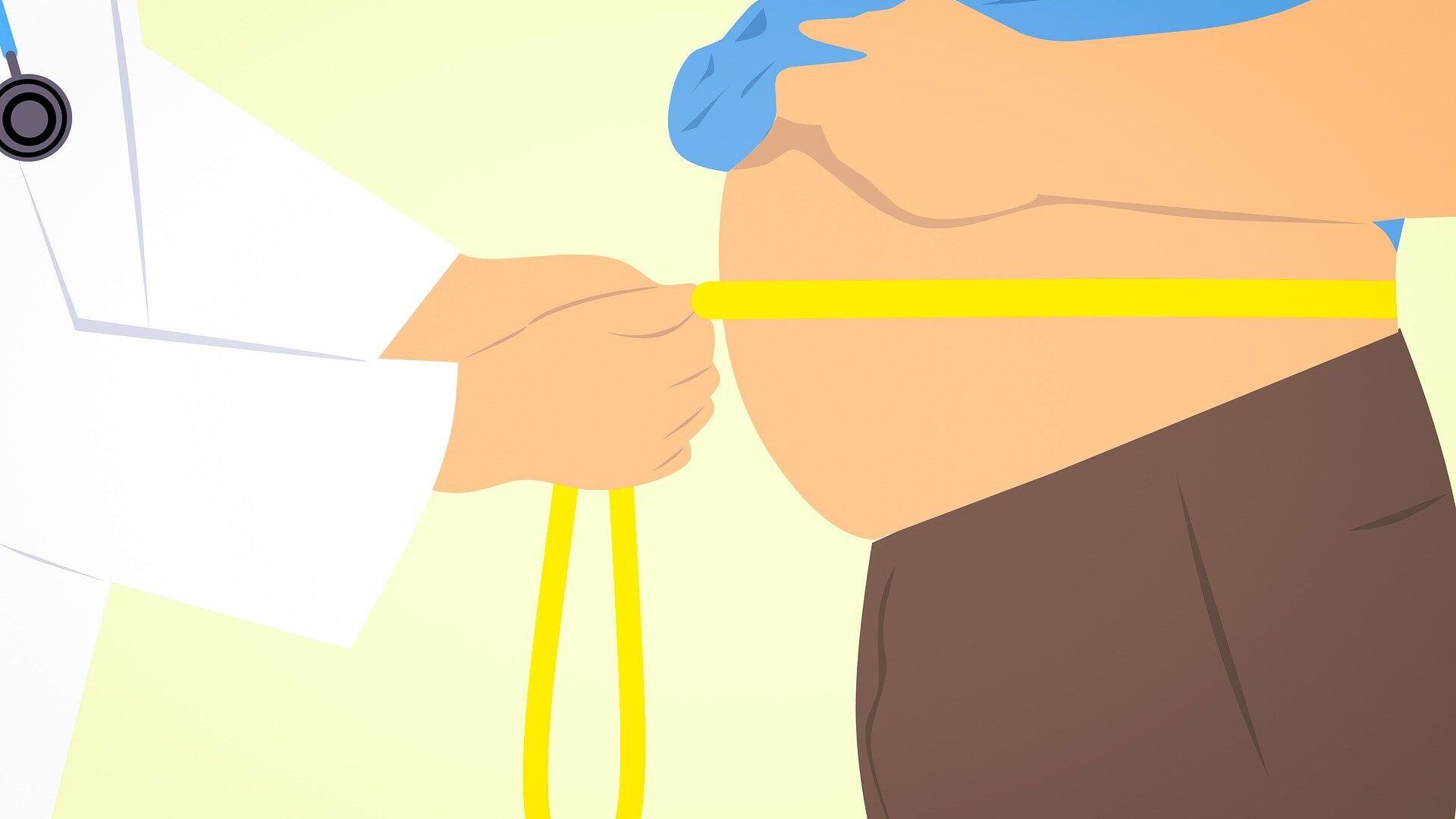https://sputnikglobe.com/20210918/new-research-sheds-light-on-how-to-tackle-obesity-1089175244.html
New Research Sheds Light on How to Tackle Obesity
New Research Sheds Light on How to Tackle Obesity
Sputnik International
According to research from the American Society for Nutrition, previous guidelines for combating obesity fail to address the underlying cause of obesity and... 18.09.2021, Sputnik International
2021-09-18T00:03+0000
2021-09-18T00:03+0000
2021-09-18T00:03+0000
obese
cdc
obesity
https://cdn1.img.sputnikglobe.com/img/07e5/06/1d/1083264969_0:100:1921:1180_1920x0_80_0_0_38ef4d6445c2b278f3fd9cb7eb8b3f58.jpg
The study suggests that a carbohydrate insulin model does a better job of combating obesity than the current energy balance model. It claims that the old model “restates a principle of physics without considering the biological mechanisms driving weight gain.”The energy balance model simply explains changes in weight in terms of energy consumption. Essentially, people lose weight when they consume fewer calories than they burn, and they gain weight when they consume more calories than they burn off. Current CDC guidelines and recommendations use this understanding of how individuals gain or lose weight to combat obesity.A carbohydrate insulin model explains weight fluctuations through how food affects the body’s chemistry. The study argues that foods with a high glycemic load “cause hormonal responses that fundamentally change our metabolism, driving fat storage, weight gain,” and are the primary drivers of obesity.They continue to argue a departure from the energy balance model because of how it fails to incorporate the biological reasons for weight gain.The study doesn’t suggest that the energy balance model is incorrect, but rather that it is an ineffective means to combat the obesity epidemic. It says that the question that needs to be answered is “why do people overeat?” and not, “what does overeating cause?”High-glycemic load foods cause the body to increase insulin secretion and suppress glucagon secretion. When this happens, fat cells begin to store more calories, which in turn leaves fewer calories to fuel muscles and other metabolically active tissues. Once this happens, the brain is tricked into thinking that the body isn't getting enough energy, which leads to feelings of hunger. Additionally, one’s metabolism can slow in an attempt to conserve energy.The explosion in obesity has coincided with the explosion in “highly palatable, heavily marketed, cheap processed foods.” Many of these foods have a high-glycemic food and are what drive overeating and, thus, obesity. The study concludes with the admission that more research needs to be done to better understand the phenomenon and how to best implement the new findings.
Sputnik International
feedback@sputniknews.com
+74956456601
MIA „Rosiya Segodnya“
2021
News
en_EN
Sputnik International
feedback@sputniknews.com
+74956456601
MIA „Rosiya Segodnya“
Sputnik International
feedback@sputniknews.com
+74956456601
MIA „Rosiya Segodnya“
obese, cdc, obesity
New Research Sheds Light on How to Tackle Obesity
According to research from the American Society for Nutrition, previous guidelines for combating obesity fail to address the underlying cause of obesity and weight gain.
The
study suggests that a carbohydrate insulin model does a better job of combating obesity than the current energy balance model. It claims that the old model “restates a principle of physics without considering the biological mechanisms driving weight gain.”
The energy balance model simply explains changes in weight in terms of energy consumption. Essentially, people lose weight when they consume fewer calories than they burn, and they gain weight when they consume more calories than they burn off. Current CDC guidelines and recommendations use this understanding of how individuals gain or lose weight to combat obesity.
A carbohydrate insulin model explains weight fluctuations through how food affects the body’s chemistry. The study argues that foods with a high glycemic load “cause hormonal responses that fundamentally change our metabolism, driving fat storage, weight gain,” and are the primary drivers of obesity.
They continue to argue a departure from the energy balance model because of how it fails to incorporate the biological reasons for weight gain.
Lead author Dr. David Ludwig presented an example of its shortcomings. "During a growth spurt, for instance, adolescents may increase food intake by 1,000 calories a day. But does their overeating cause the growth spurt or does the growth spurt cause the adolescent to get hungry and overeat?"
The study doesn’t suggest that the energy balance model is incorrect, but rather that it is an ineffective means to combat the obesity epidemic. It says that the question that needs to be answered is “why do people overeat?” and not, “what does overeating cause?”
High-glycemic load foods cause the body to increase insulin secretion and suppress glucagon secretion. When this happens, fat cells begin to store more calories, which in turn leaves fewer calories to fuel muscles and other metabolically active tissues. Once this happens, the brain is tricked into thinking that the body isn't getting enough energy, which leads to feelings of hunger. Additionally, one’s metabolism can slow in an attempt to conserve energy.
The explosion in obesity has coincided with the explosion in “highly palatable, heavily marketed, cheap processed foods.” Many of these foods have a high-glycemic food and are what drive overeating and, thus, obesity. The study concludes with the admission that more research needs to be done to better understand the phenomenon and how to best implement the new findings.



